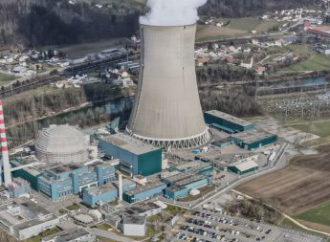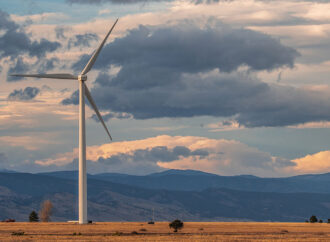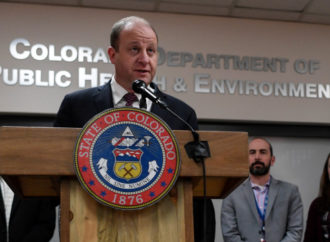What Does the Constitution Mean by “Natural Born Citizen?”
- December 4, 2023

Ratepayer interests received a small win from Colorado regulators overseeing Xcel Energy’s latest resource plan. The Colorado Public Utilities Commission (PUC) pared back Xcel’s $15 billion request to build wind, solar, batteries, and new transmission lines by around $3 billion last week. The PUC’s trimming of Xcel’s request came as it approved an alternative resource
READ MORE
In August 2022, California became the first jurisdiction anywhere in the world to ban the sale of gas-powered vehicles, setting a deadline of 2035 to phase them out completely. Just one week later, the state was forced to call on its residents to avoid charging their electric vehicles because the state’s grid was at imminent
READ MORE
What began as a first-of-its-kind ban on new natural gas hookups in 2019 in Berkeley, California, has turned into a nationwide movement. To date, more than 100 cities plus the state of New York have since passed gas bans of their own to push their citizens toward electrification. It has even begun to spread in
READ MORE
Colorado voters are broadly in favor of the country’s largest source of clean energy, according to a newly released Independence Institute/Cygnal poll. Likely general election voters across Colorado favor nuclear energy more than 2:1 (53% support, 25% oppose). 54% said they favor including nuclear power in Colorado’s clean energy mix by 2040, with support crossing
READ MORE
Colorado Governor Jared Polis (D.) campaigned for his first term in office on a platform of transitioning the state to 100 percent renewable energy by 2040. In his first year in office, Polis unveiled an official government “roadmap” to do just that. Since then, he has signed into law no fewer than 55 climate bills
READ MORE
Primum non nocere. Translation: first, do no harm. It’s a phrase that has been part of the medical ethics lexicon since the 17th century. Coloradans would have been wise to apply it to energy policy some two decades ago, when the eco-left began politicizing energy production, electricity, and our grid. Flanked by low-income customers, Governor
READ MORE